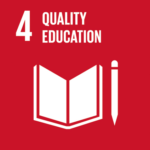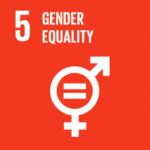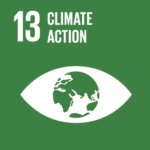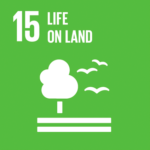HAMK’s new international study program creating future experts in sustainable forestry
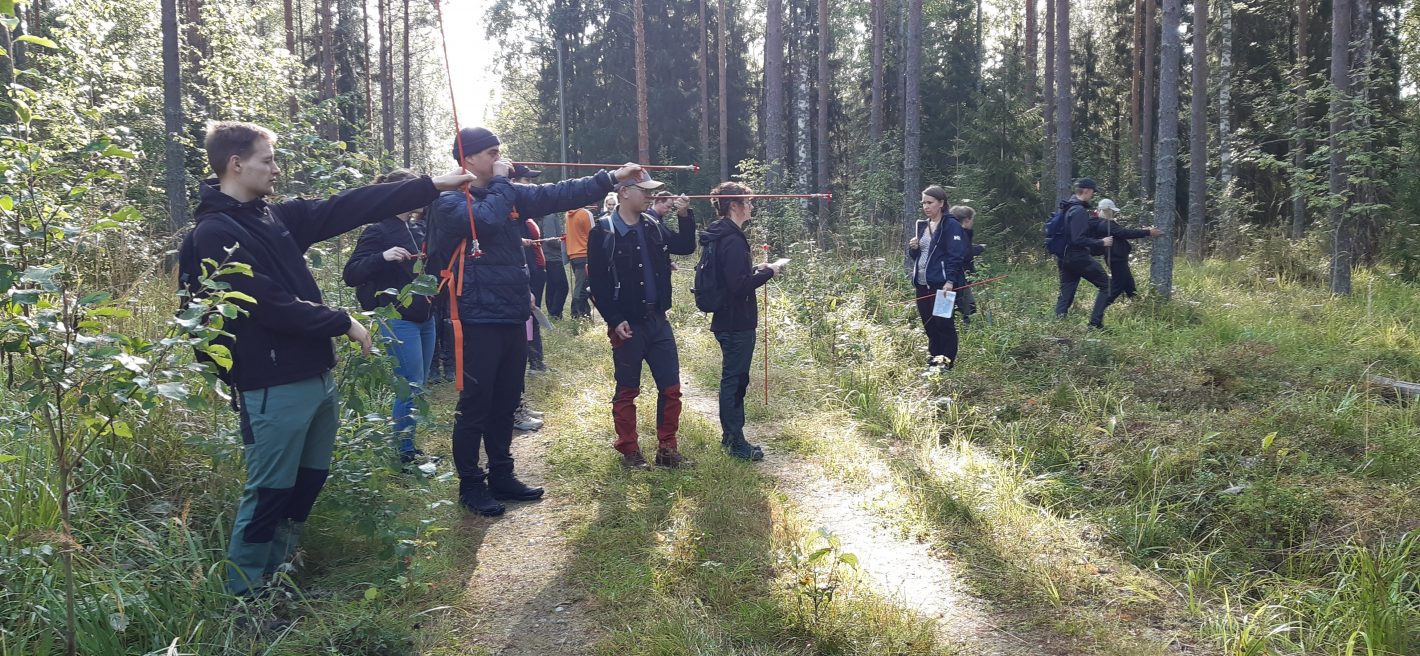
Case - Published 22.11.2023
Häme University of Applied Sciences, HAMK, has long roots in forestry education. The school believes that Finnish forestry has a lot to offer for international students.
HAMK has offered education in English for over twenty years. The newest international study program Sustainable Forest Management started in August 2023.
The purpose of the Sustainable Forest Management program is to educate English speaking forestry professionals with international background to work for the Finnish forestry sector and to export Finnish Forestry competence and methods with graduated professionals.
The first group of the Sustainable Forest Management program students started their studies this fall. The studies have included a good amount of field studies, as outdoor teaching is very convenient in the beginning of studies and there is much to see and learn in the demonstration forest. For many students, this has been their first time in a forest and in rural environment.
Currently, there are nineteen students in the program. The students come from Poland, Nigeria, Netherlands, Estonia, Slovakia, China, Canada, Pakistan, Cameroon, and Finland. Many of the students wish to stay and build a life in Finland after graduation.
The curriculum includes Finnish language studies. Settling down in Finland is supported in many ways.
“It is important to offer study projects with partners from forestry sector and to try to help students in finding trainee and researcher posts while studying”, explains Sirpa Ojansuu, Senior Lecturer from HAMK.
Becoming more international has many benefits
Internationality is in the core of HAMK’s education, research and development activities. HAMK’s aim is to develop students’ skills to act as global problem-solvers.
Over the years, there have been many degree programs for international and Finnish students in English, mostly in the field of Engineering and Business. The new Sustainable Forest Management program is a part of HAMK’s internationality goals.
“It is important for all students to have a possibility to interact with people from different cultures, to study together in company case projects and to improve competences for the fast-changing society”, Ojansuu adds.
The Evo Campus and Forestry unit is a part of HAMK School of Biotechnology and Natural Resources. The strategy is to build up international degree programs to every unit at the university – one every year. First ones were established in 2021 to Mustiala Campus, where a degree program Smart Organic Farming has become very popular. HAMK also welcomes exchange students to all its degree programs each semester.
“We want the exchange students to experience the HAMK way of learning”, concludes Ojansuu.
The Evo Campus can be considered as the heart of forestry education in Finland. The campus was established in 1862. The campus’ long traditions are a great base for education that aims to answer all the future needs in the field of forestry, in Finland and abroad.
Current topics with traditional and modern study methods
The Sustainable Forest Management degree program is equivalent to the program in Finnish. The curriculum involves many aspects of forestry, with an emphasis on sustainable planning, caring and utilization of forest resources. A large share of the studies are field work and lectures in a 1 800 hectares demonstration forest near the campus. Hence, practical field skills are important part of the studies.
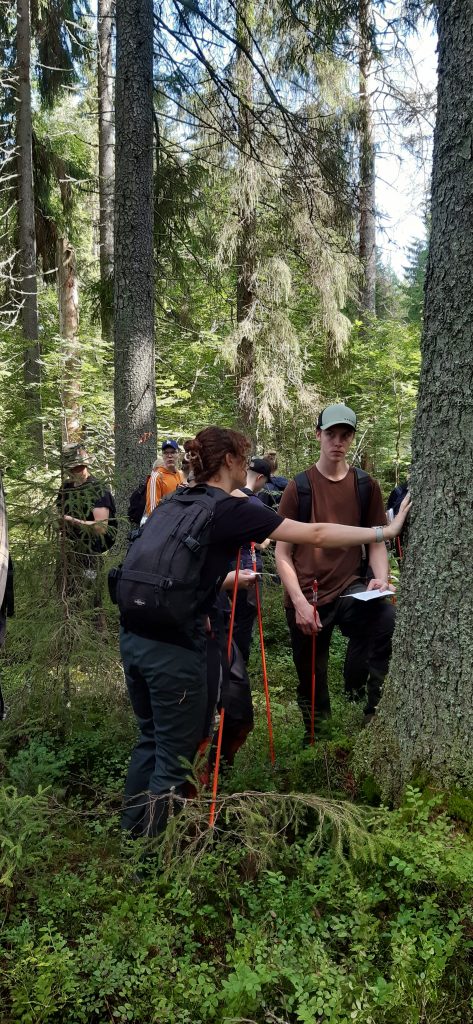
Teamwork skills, communication and Finnish language studies play an important role during the first study year. In addition, forest measurements and inventory, timber harvesting and procurement, forest ecology and forest planning and entrepreneur skills are in the core of the first-year studies.
The advanced studies include wood procurement, planning and management of forest resources and production of services in forestry, ecosystem services, biodiversity, carbon sequestration, GIS, recreational use of forests and the use of renewable energy resources.
Many students find it important to grow their network during studies. HAMK is constantly looking for partners and business linked projects, as those form a platform for interaction that benefit both the students and their potential future employers.
Feedback from the first students helps to develop the program further
Ojansuu believes that discussing with students helps coming up with new ideas. So far, according to the feedback, the students have found it necessary to learn communication and teamwork skills as well as practical skills, e.g. using forestry equipment.
Ján Jóža, a first-year student from Slovakia, has plans to work in forestry in the future. He would like to find a job in an organisation where he could gain useful skills and experiences. Along with he hopes to find a mentor from whom he can learn more.
Jóža had never been in Finland before he started his studies. He shares having many reasons to come to study to Finland. For instance, he liked the idea that forestry is so connected to the nature and includes wood technology aspects as well. He also likes that the winters are colder in Finland than in Slovakia.
Jóža finds his student community, as well as the whole campus staff, optimistic and friendly. He enjoys the environment at the Evo campus and likes the studying and leisure time possibilities there.
“I have not faced many disappointments so far but losing a football game against the Tampere team in the Summer Sports Tournament was one!”, he laughs.”
Article was written by Sirpa Ojansuu, HAMK.
Agenda2030
Education has links to the UN Sustainable Development Goals in many ways. HAMK offers a possibility for high standard education also to foreign people. Finland has long traditions exporting forestry know-how and running global forestry businesses. Education standards have long tradition treating everyone equally. Students and staff in Evo campus form a tight and warm community and it is very important for Finnish speaking students to have possibility to get to know foreign cultures, habits, practise English and find new friends. Students grow together to become professionals in the field of forestry. (SDG 4 and 5)
Sustainability and sustainable forest maintenance and use as well as biodiversity are embraced in the curriculum and idea is to promote knowledge of these issues globally. As the degree program has just started building networks between forestry sector, education is on its way. Educating international forestry experts is grounded on these fundamentals. (SDG 13 and 15)

